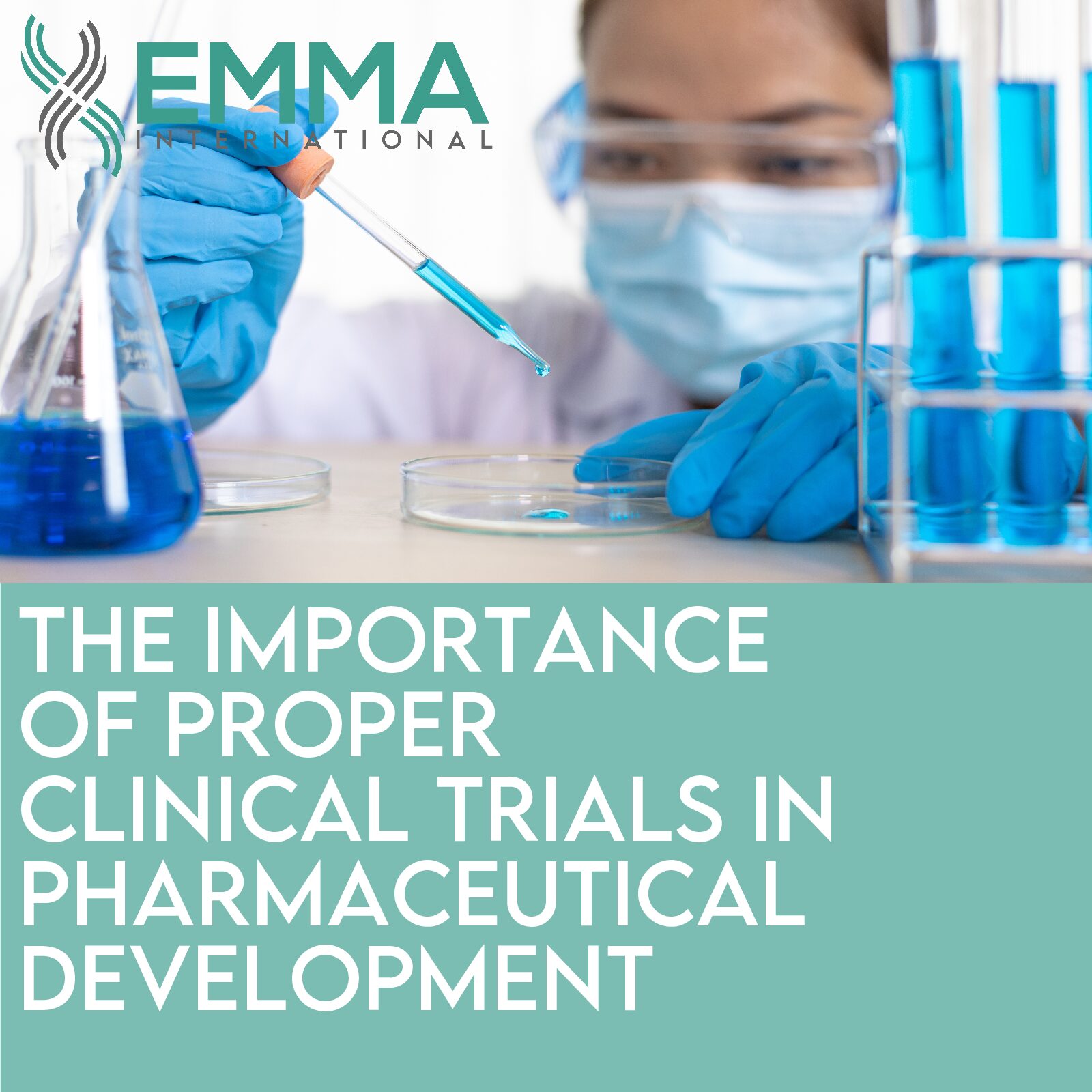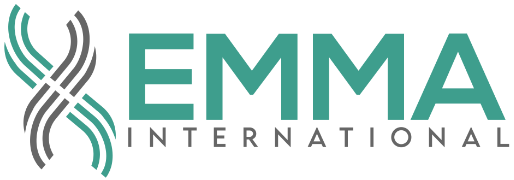In a groundbreaking move towards patient empowerment, the Food and Drug Administration (FDA) has proposed the Accelerated Approval of Novel Treatments for Unmet Medical Needs for patients with serious or life-threatening conditions (ACNU). This rule aims to facilitate self-directed care, allowing patients a more active role in their treatment decisions. In this blog post, we will delve into the key aspects of the proposed ACNU rule and explore how it could transform the landscape of healthcare.
Understanding ACNU
The ACNU rule is designed to address the needs of patients facing serious or life-threatening conditions for which there are limited treatment options. Traditional drug approval processes often involve lengthy clinical trials, making it challenging for patients with urgent medical needs to access potentially life-saving treatments. The ACNU rule seeks to expedite the approval process for such treatments, giving patients quicker access to innovative therapies.
Key Components of the ACNU Rule
1. Expanded Access Programs: The ACNU rule emphasizes the importance of expanded access programs, allowing patients to access experimental treatments outside of clinical trials. This provision is crucial for individuals who do not meet the strict criteria for clinical trials but may still benefit from early access to promising therapies.
2. Real-World Evidence: The proposed rule encourages the use of real-world evidence (RWE) in the approval process. RWE includes data from sources such as electronic health records, patient registries, and health insurance claims. This approach acknowledges the value of diverse data sets, providing a more comprehensive understanding of a treatment’s effectiveness in real-world settings.
3. Patient-Focused Drug Development: The ACNU rule places a strong emphasis on patient input in the drug development process. By incorporating the lived experiences and preferences of patients, the FDA aims to ensure that new treatments align with the needs and priorities of those directly affected.
Benefits of Facilitating Self-Directed Care
1. Timely Access to Treatment: The ACNU rule addresses the urgency of patients’ needs by streamlining the approval process. This allows individuals to access potentially life-saving treatments without unnecessary delays, significantly impacting their overall prognosis.
2. Patient Empowerment: Empowering patients to actively participate in their care decisions is a paradigm shift in healthcare. The ACNU rule recognizes the importance of patient autonomy and fosters a collaborative approach between healthcare providers and those seeking treatment.
3. Innovation and Research: By leveraging real-world evidence, the ACNU rule promotes a more agile and adaptive approach to drug development. This encourages innovation by capturing insights from diverse patient populations and incorporating them into the decision-making process.
Challenges and Considerations
While the ACNU rule represents a significant step forward, it also raises certain challenges. Ensuring the safety and efficacy of treatments under an accelerated timeline is crucial. The FDA must strike a balance between expediting access to treatments and upholding rigorous standards for patient safety.
The FDA’s proposed ACNU rule marks a pivotal moment in healthcare, emphasizing the importance of patient-centered approaches and self-directed care. By streamlining the approval process for innovative treatments and involving patients in decision-making, the rule has the potential to transform the landscape of healthcare, providing hope and improved outcomes for those facing serious or life-threatening conditions. As the healthcare community engages in discussions around the implementation of the ACNU rule, it is essential to prioritize patient well-being and ensure that accelerated approval processes maintain the highest standards of safety and efficacy.
EMMA International can support you in all your project and resource needs! We have the regulatory expertise to get your drug product to the market in the most timely and cost-effective manner possible. Contact us today at 248-987-4497 or email info@emmainternational.com to learn more!






